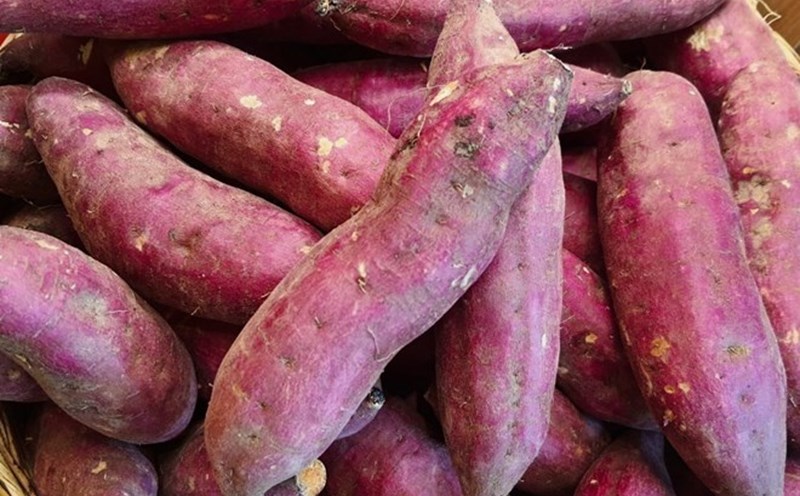Food marinated too much spices
Oil -free fryer works by creating a hot air flow to cook food. If marinated too much spices, this water will not evaporate, flow to the bottom of the pot, causing burning, smoke and unpleasant smell. Different from water -based cooking methods, oil -free fryer needs dry food or thin oil to make it crispy.
Foods that are too wet will make the surface flabby, not brittle and less attractive. Spices flow down and stick to the heating part or fan can cause short -circuited, component, or toxic smoke if spices burn at high temperatures. This affects durability and safety when used. The burning sauce and clinging to the bottom of the pot, fried nets or wind slots will be very difficult to clean, for a long time it also causes odors.
Fresh cheese or foods that are easy to melt
Fresh cheese or butter, ice cream, solid sauce ... when high temperatures will flow quickly, especially in the continuous hot airflow environment of the oil -free fryer.
If there is no lined tray or dish that is not firmly fixed, this liquid easily flows to the bottom of the pot, causing burning, smoky and unpleasant smell. Oil -free fryer does not accurately control the location of the temperature like the oven, so the soft, easy -to -melt food can burn outside but have not yet cooked inside. For example, the cheese has not been dissolved yet, it has burned or dry, causing loss of deliciousness.
When foods easily flow, flow down the fan or clear heat, food residues sticking to components are difficult to clean. This can cause excessive heat, explosion of components; Create toxic smoke from oil or burning fat; Reduce the life of the pot and the risk of electrical safety.
Thin leafy vegetables
The fryer does not rotate the strong hot air around the food. However, thin leafy vegetables such as lettuce, vegetables, spinach ... are very light, easy to be blown in the chamber, making vegetables stick to the fan or into the pot, easily scorched.
The dish is not cooked evenly, both burning and not keeping the structure and nutrients. Thin leafy vegetables contain high amounts of water. When the temperature is high, the water evaporates very quickly, causing vegetables to shrink, crispy dryness, loss of freshness and decline in nutritional value, especially vitamins soluble in water. Because vegetables are too thin, just a few dozen seconds overheating can burn, making it difficult for you to adjust time and easily smell.









